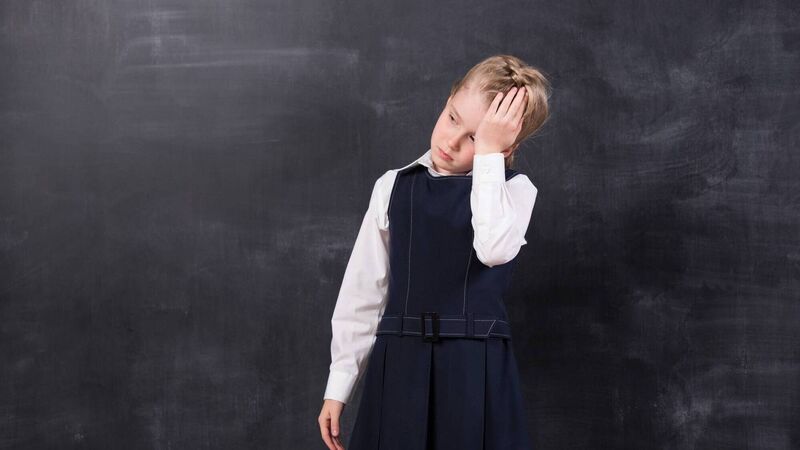Dr Colman Noctor: No other children in history have had to live their lives this way

Picture: iStock
With the remainder of primary schools reopening this week, there seems to be some semblance of normality returning. You would expect the national mood to be a little more upbeat. However, over the past 12 months, there have been many false dawns, so a degree of cautious fatalism is understandable.
This ominous fear of hope was palpable as children approached their return to school. This is not surprising considering that this time last year, Irish children were told that schools would be closed for two weeks.







